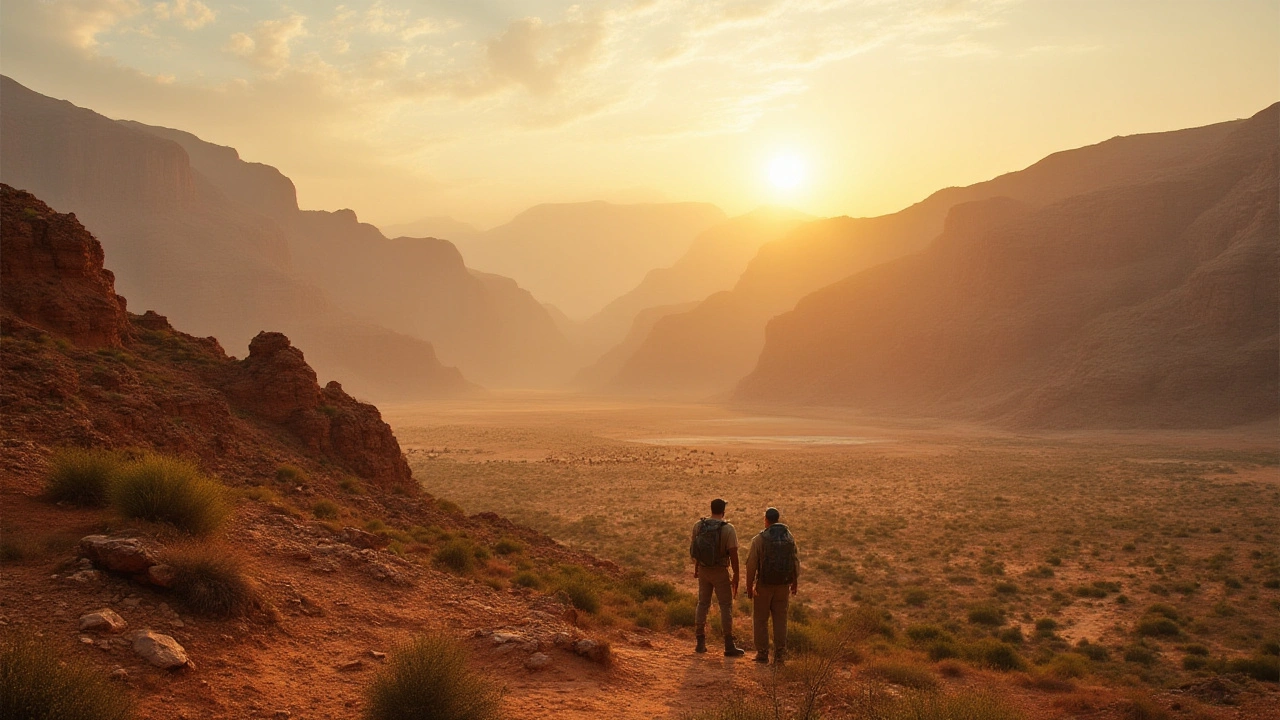Unique Ecosystems – Explore Rare Habitats and Their Importance
Ever wondered why some places on Earth feel totally different from everything else? Those are the unique ecosystems – natural zones with a mix of plants, animals, and conditions you won’t find anywhere else. They often host species that live nowhere else, making them critical for global biodiversity.
These ecosystems aren’t just cool backgrounds for travel photos. They provide clean water, carbon storage, and even medicines we still haven’t discovered. Because they’re so specialized, even a small disturbance can wipe out whole communities. That’s why understanding and protecting them matters to everyone.
Types of Unique Ecosystems
Here are a few examples that illustrate the range of rarity:
- Coral reefs – Often called the rainforests of the sea, they host thousands of fish and invertebrate species in a tight underwater web.
- Mangrove forests – These salty‑water trees act as natural barriers against storms while serving as nurseries for many marine animals.
- Deep‑sea hydrothermal vents – Life here relies on chemical energy instead of sunlight, supporting strange tube worms and giant clams.
- Cloud forests – High‑altitude, mist‑filled woods where orchids, bromeliads, and rare mammals thrive.
- Desert oasis – Small water sources in arid lands create micro‑habitats that sustain birds, insects, and hardy shrubs.
Each of these spots has a unique set of conditions – temperature, salinity, light, or soil chemistry – that shape the species living there. When you visit one, you’re stepping into a living laboratory built over millennia.
How to Help Protect Them
Protecting unique ecosystems doesn’t always mean you have to travel to a remote island. Simple actions add up:
- Support sustainable seafood choices to reduce pressure on coral reefs.
- Buy products certified as rainforest‑friendly to keep mangroves and cloud forests intact.
- Reduce plastic use, because trash that ends up in the ocean can choke delicate marine life.
- Donate to organizations that fund habitat restoration and scientific monitoring.
- Stay informed – follow local news about development projects that might threaten nearby habitats.
When communities see the economic and health benefits of a healthy ecosystem, they’re more likely to protect it. That’s why education and responsible tourism matter.
So next time you hear the term "unique ecosystem," think of the special puzzle pieces that make up our planet’s living fabric. By learning about them and taking small, everyday steps, you become part of the solution that keeps these rare habitats thriving for generations to come.
Uncover the secrets of the Arava, Israel’s spectacular desert valley. Discover rare wildlife, unique landscapes, and insider travel tips for an unforgettable adventure.
Categories
Archives
Recent-posts
Canadamedsunited.com Review: Affordable Online Pharmacy Benefits, Safety, and User Tips
Aug, 14 2025



 Medications
Medications




